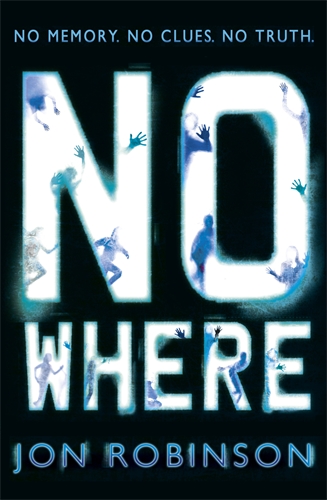
Nowhere Near You: Exploring the Isolation and Loneliness in Our Modern World
In the bustling streets of our modern cities, amidst the constant hum of technology and the ceaseless torrent of social media, a profound sense of isolation and loneliness has taken root. Like a silent epidemic, it seeps into our hearts, leaving us feeling adrift and disconnected. This is the reality of our time, a nowhere near you world, where we are surrounded yet alone.
Gone are the days when community ties bound us together, when neighbors knew each other’s names and shared a sense of belonging. Today, we live in isolated pods, our interactions often limited to virtual platforms. Technology, once hailed as a bridgebuilder, has ironically become a wall separating us.
The Loneliness Paradox
The irony of our digital age is that we have never been more connected yet more alone. Social media platforms promise to bring us together, but they often create a false sense of intimacy. Behind the carefully curated profiles and expertly filtered photos, we hide our true selves, afraid to reveal our vulnerabilities.
This superficial connection breeds loneliness, as we compare ourselves to impossible standards and feel inadequate. We scroll through endless feeds, searching for validation but finding none. The constant barrage of information and experiences bombards us, leaving us feeling overwhelmed and disconnected from our own inner selves.
A Comprehensive Overview of Isolation and Loneliness
Isolation and loneliness are complex phenomena with far-reaching implications. They are not merely feelings of sadness or homesickness but rather a state of disconnection from the world around us. This disconnection can manifest in various ways, including:
- Social isolation: Lack of social contact or relationships
- Emotional isolation: Feeling disconnected from others on an emotional level
- Cognitive isolation: Feeling mentally or intellectually separate from others
Loneliness is a subjective experience that can be triggered by various factors, such as life transitions (e.g., moving to a new city), relationship loss, or chronic illness. It is important to note that loneliness does not always equate to being alone. One can be surrounded by people yet feel profoundly lonely.
The Latest Trends and Developments in Isolation and Loneliness Research
The problem of isolation and loneliness has gained increasing attention in recent years, leading to a surge in research and initiatives to address this pressing issue. Studies have shown that isolation and loneliness have significant implications for both physical and mental health.
Loneliness has been linked to an increased risk of heart disease, stroke, Alzheimer’s disease, and even death. It can also lead to mental health issues such as depression, anxiety, and substance abuse. In light of these findings, researchers and policymakers are exploring innovative ways to combat isolation and promote social connectedness.
Tips and Expert Advice for Overcoming Isolation and Loneliness
Overcoming isolation and loneliness requires a multifaceted approach involving both individual and community efforts. Here are a few tips and expert advice to help you combat this challenge:
- Make an effort to connect: Reach out to friends, family, or neighbors. Join social groups or volunteer in your community.
- Practice active listening: When you engage in conversations, focus on truly listening to what others have to say. Show empathy and understanding.
- Cultivate your passions: Engage in activities that bring you joy and fulfillment. This will help you connect with like-minded individuals and build new relationships.
Experts also emphasize the importance of seeking professional help if loneliness persists or becomes overwhelming. Therapy can provide a safe and supportive space to explore the underlying causes of loneliness and develop coping mechanisms.
Frequently Asked Questions about Isolation and Loneliness
Q: What are the signs and symptoms of loneliness?
A: Common signs of loneliness include feeling disconnected, isolated, or empty; having few meaningful social interactions; and lacking a sense of belonging.
Q: What can I do to help someone who is lonely?
A: Reach out to them, listen to their concerns, and offer support. Encourage them to engage in social activities or seek professional help if necessary.
Q: Is loneliness a sign of weakness?
A: No, loneliness is not a sign of weakness. It is a normal human emotion that can affect anyone, regardless of their age, socioeconomic status, or personality.
Conclusion
The nowhere near you world presents a profound challenge to our sense of well-being and connectedness. Isolation and loneliness are pervasive issues that can have detrimental effects on our physical and mental health. However, there is hope. By implementing the tips and advice outlined in this article, we can overcome these challenges and foster a more meaningful and fulfilling life.
Are you interested in learning more about the topic of isolation and loneliness? If so, please feel free to reach out to us. We are here to support you on your journey towards greater connection and well-being.

Image: www.penguin.co.uk